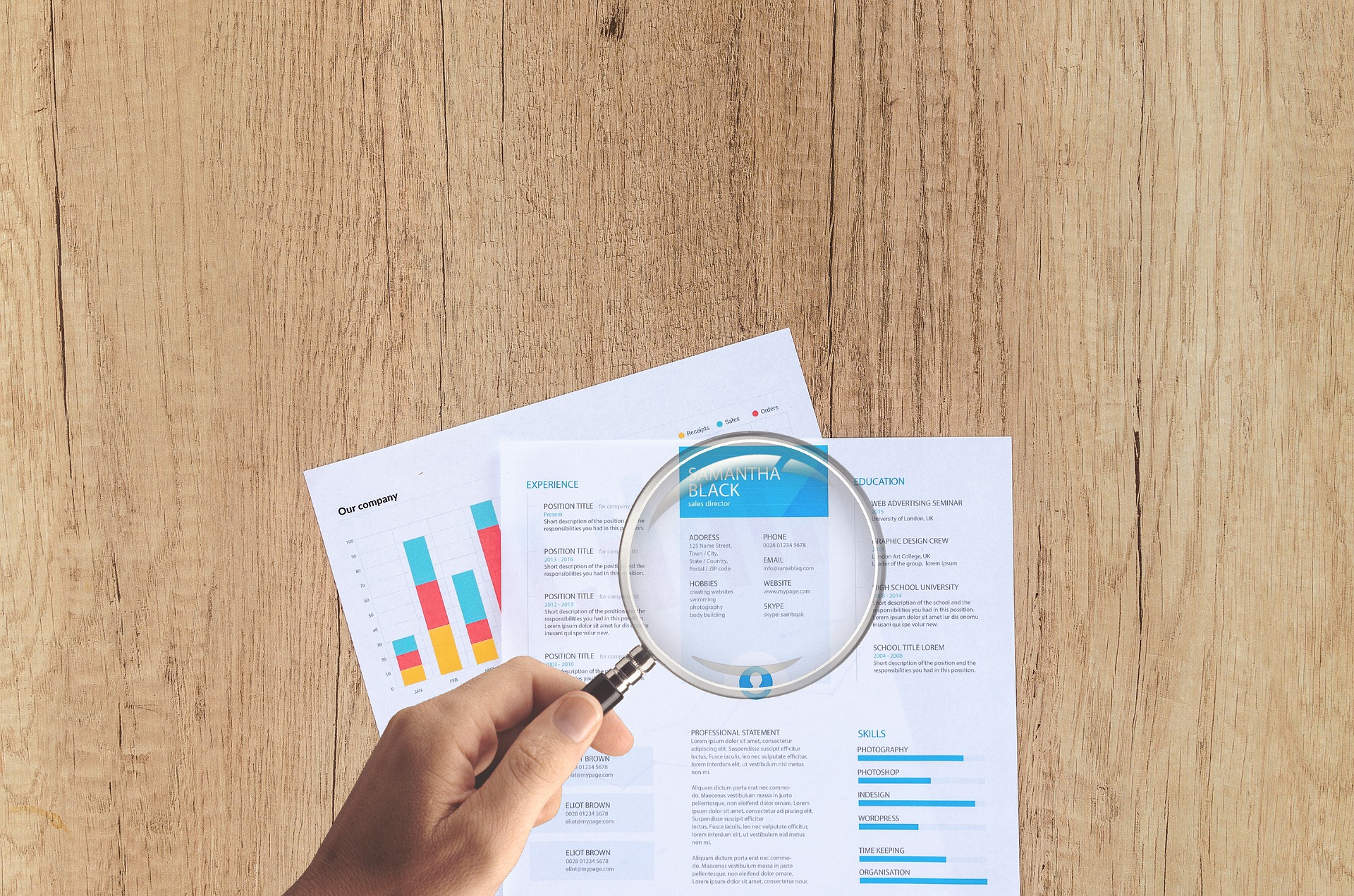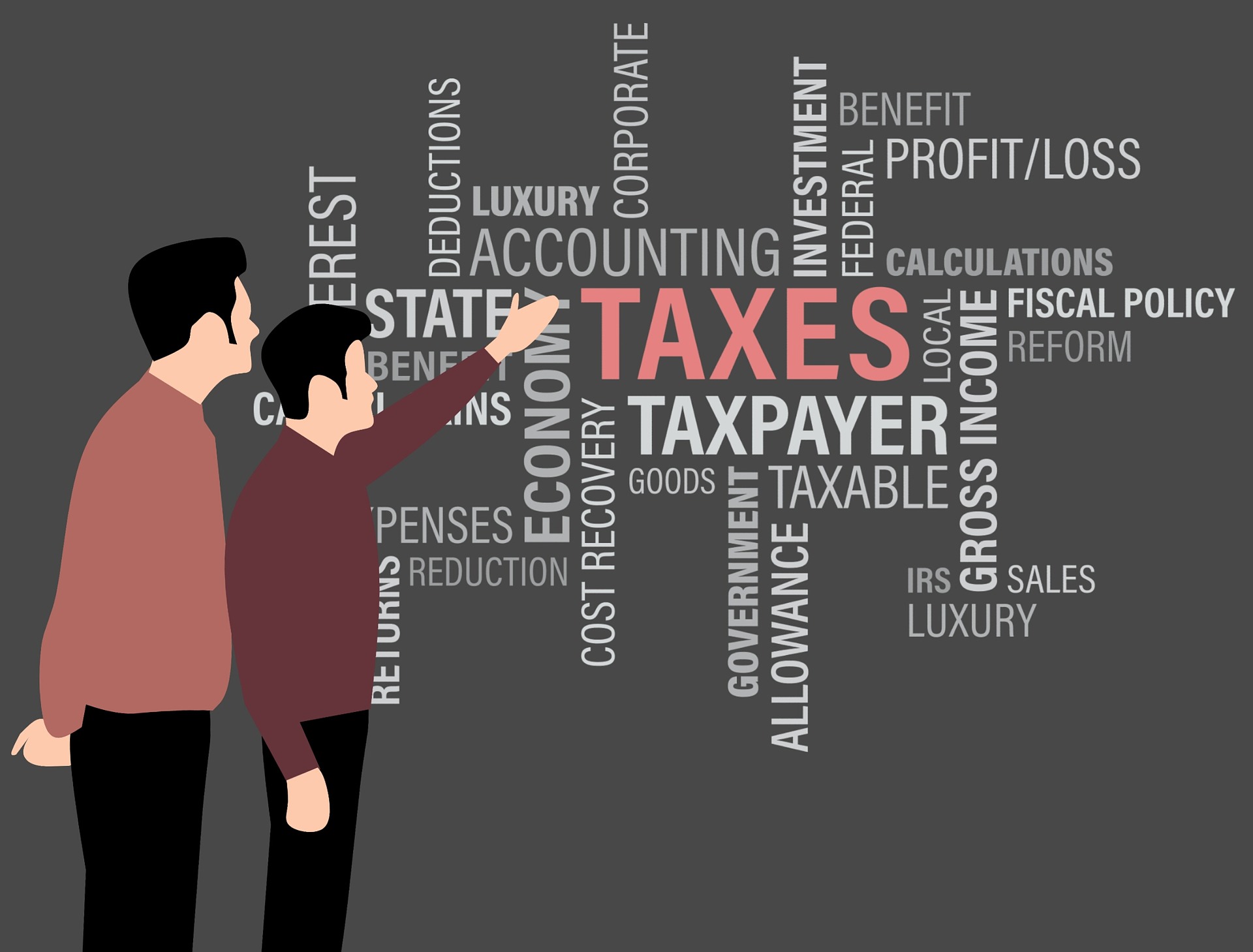Real estate tycoon. It has a nice ring to it doesn’t it? Real estate has always been a favourite investment for Canadian risk takers and thanks to income properties and other developments, many are learning the long-term value of having tenants.
Following is some of the tax advice you need to know whether you have residential renters or commercial tenants.
Leased Dwellings.
In Quebec, the owner of a residential complex that has at least one leased space has to file an RL-31 slip and give a copy of that slip to the tenant/subtenant. RL-31 provides Revenu Quebec with information about the property and the tenants. For this tax season, the slip must be filed and a copy of it in your renter’s hands by February 29, 2016.
You can prepare RL-31 online or use authorized tax software. Revenu Quebec invites you to contact them if you have questions about this slip or how to complete it.
Rental Income vs. Business Income for Residential Landlords.
Revenue Canada makes a distinction between rental and business income, although the line can be a bit blurry for the homeowner. Basically, rental income is what you get for providing the basics such as a dwelling, utilities and parking. Now let’s say you rent a room in your home and provide those things, but you also charge for laundry service, hot meals and post a guard at the door. Now you are running a business. If it turns out you are running a business, is it a sole proprietorship (just you) or a partnership (you and your husband or co-mortgagee)? The answers will impact how you report and pay taxes.
Revenue Canada has several forms and guides to help you determine if your tenant income is rental or business, sole proprietor or partnership.
Capital Expenses and Capital Gains.
Under certain, and sometimes special circumstances, you can deduct capital expenses from the place you lease or rent out. Capital expenses impact the property itself. Where utilities are regular expenses, a new roof or outdoor stair replacement is a capital expense.
Likewise, capital gains and losses must be reported. The building rent out or lease is considered capital property. Note that the assets of the building (e.g. inventory) are not necessarily considered part of the capital property, although some of the equipment used in the rental operation may be considered.
If you sell your capital property for more than its adjusted base cost and expenses, you have a capital gain. If you sell your capital property for less than the adjusted base cost and expenses, you have a capital loss. Both must be reported to Revenue Canada accordingly.
AF Accounting can Help.
All tycoons know they didn’t achieve success on their own. They focus on buying and selling and let others handle the administrative details that they are too busy to handle, or that they are not knowledgeable about. If you are thinking of getting into the real estate market as a landlord, contact AF Accounting.
We are here to help Quebec small business owners – and emerging real estate tycoons – with all their accounting needs. Our range of services means we can manage all your accounting duties, or just provide help and products when or as you need them. Check out what we have to offer. We look forward to helping you build your real estate empire.











